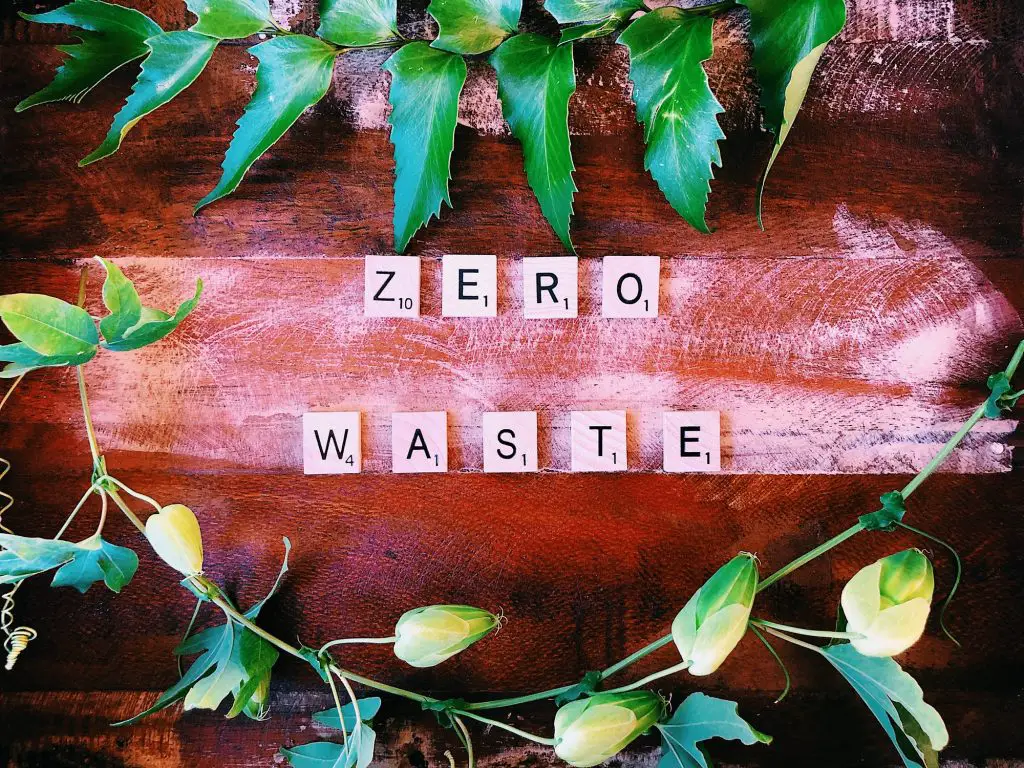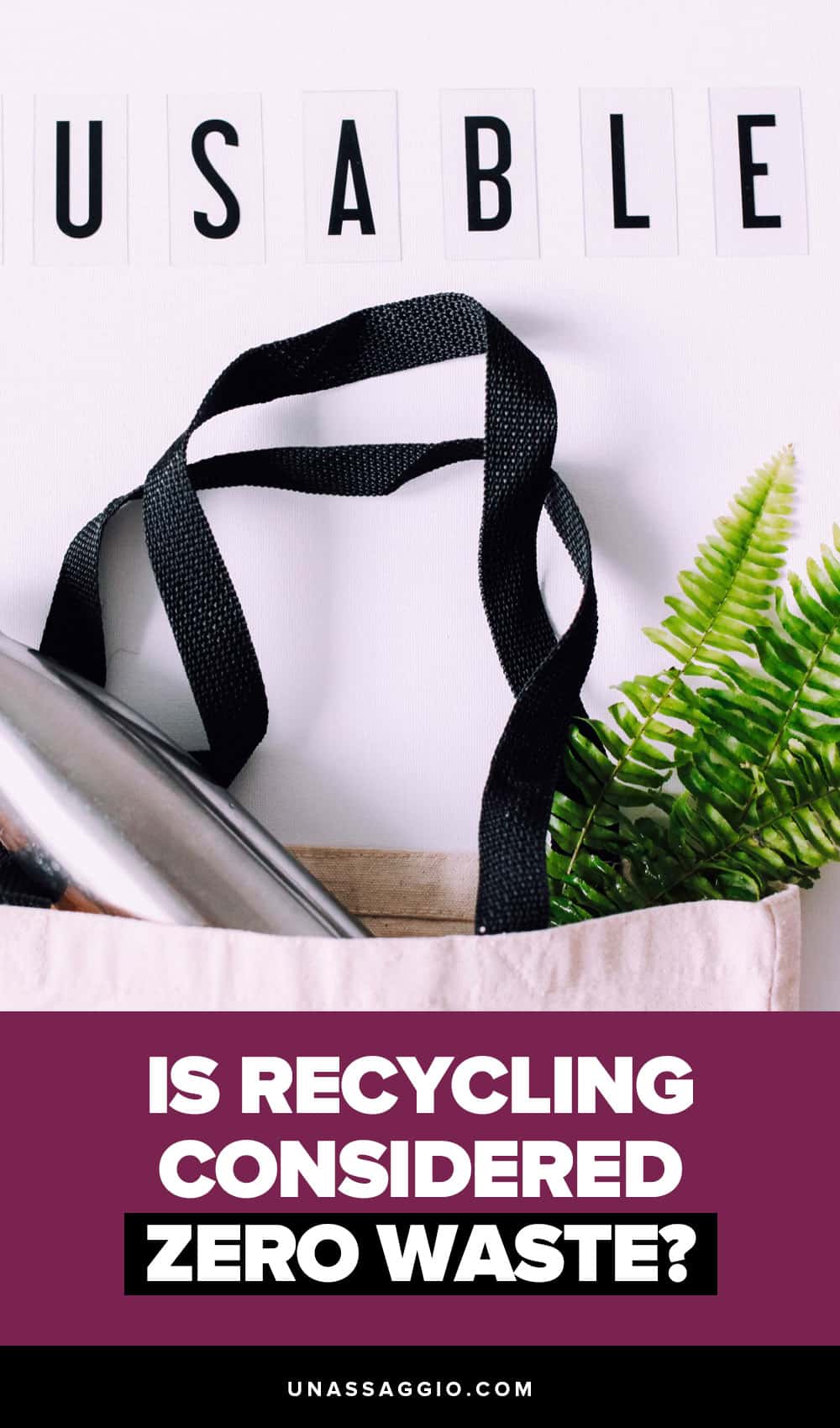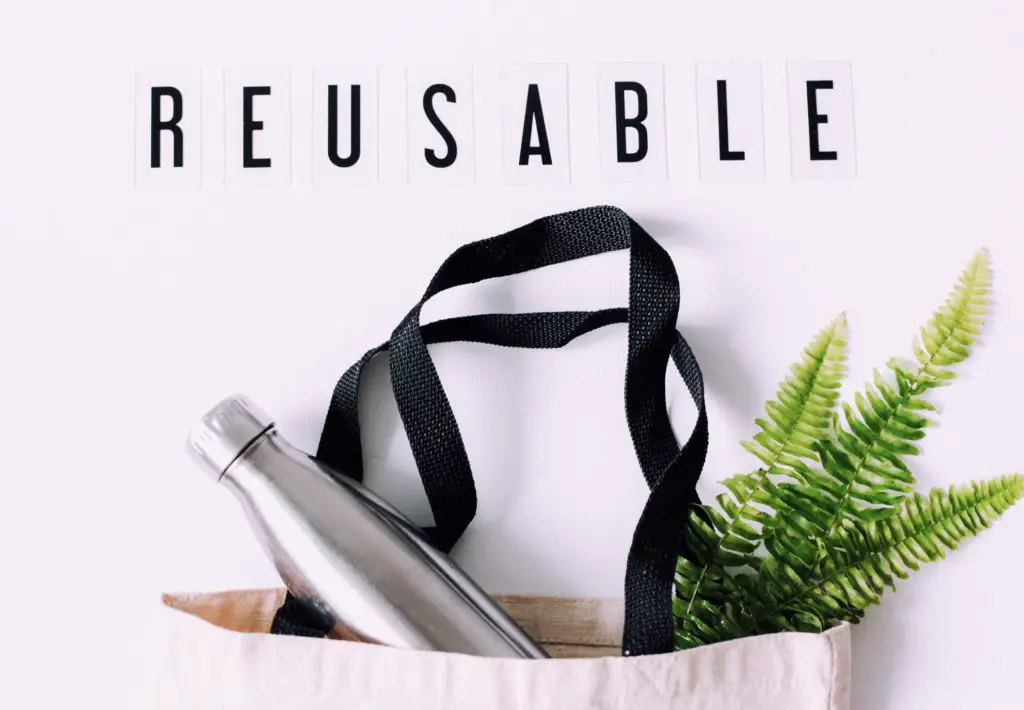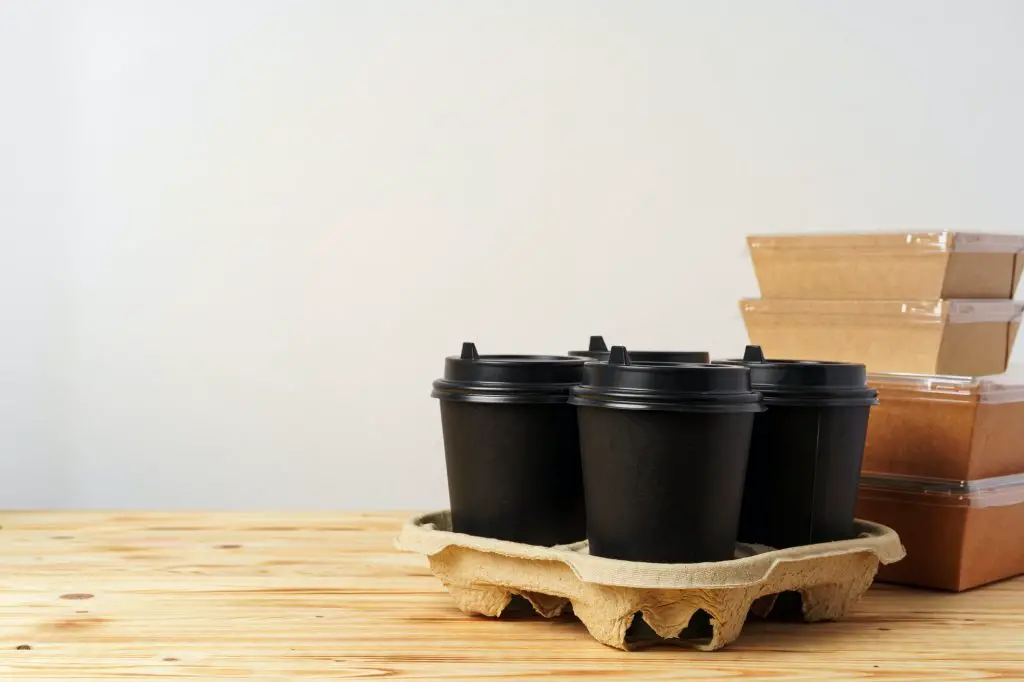The concept behind what is considered zero waste is not as complicated as it sounds, you just need to understand what zero waste means. When it comes to recycling and zero waste, it can be quite confusing.
These two practices compounded of the same thing however careful analyses show them to mean different things but results are the same. Recycling history was first recorded by the Ancient Japanese and although it dates to ancient times, this method was used by the Japanese culture to recycle paper production.
The zero-waste program was recently brought in from small towns in New Zealand in 2000 and within months, it was accepted in other countries. Clarifying the differences between zero waste and recycling is important to help you choose a method of disposal that works best for you.
Living zero waste or recycling are important steps that help address the issues of plastic pollution and this program helps to mitigate climate change by reducing greenhouse gasses. On a practical level, zero waste means no waste at all.
The capacity to deal with both recycling and zero waste is being formulated daily but it’s important to first understand the differences between this two. Recycling and zero waste are not new concepts. Below is a proper understanding of zero waste and recycling.
Table of Contents
Zero Waste Explained
The zero-waste process as the name implies means no waste at all. Zero waste is a really big concept and the strategy means to eliminate waste. This method was first introduced at a conference and the goal is to address natural resources and on a practical method, it helps make few lifestyle choices.
With zero waste, you need to emphasize the word zero and waste which practically means to eliminate the volume of waste toxicity in the environment.
The modern zero waste movement is formulated at getting rid of all discharges that can be of harm to land, water, human, plants, or air. The Native Americans started the zero-waste movement years ago and they relatively have zero waste which leads to a more purposeful and healthier lifestyle.
Recycling Explained
The term recycling helps take care of the issues of throwing away items that can be of harm to the environment. Recycling plays a big part in the zero waste program and it is more based on taking waste products and reusing them.
Recycling can help play a big role in how you use things and it is also believed to be a method that can help damage the products at our disposal.
The first evidence of recycling was recorded in 1031 although this varies according to the city the year starts the procedure. Recycling aims at reusing and recovery of products without having to burn them which will, in turn, means there won’t be any discharges on air, water, land or any form of threat to human and environment.

Is Recycling Considered Zero Waste?
Recycling and zero waste might be very similar but they are not considered to be the same. When it comes to manmade materials such as plastic, paper, or cardboard, these products are often reused hence they can’t be considered zero waste. However, in cases like composting, this involves recycling from food to compost and back again and it also means zero waste as well.
The concepts of zero waste and recycling both focus on waste reduction and it also places great importance on sustainability. Some products can be eliminated conveniently without the need to reuse them but items that are not biodegradable are better to be recycled.
There are limited facilities available for recycling and even when everything is recycled, there can still be bad packaging and design. Although we would have loved to recycle everything, this comes after zero waste.
The true goal of zero waste is the designing and managing of the entire resource extraction and eliminate the volume of toxicity and find a way to conserve all resources without burning or burying them. The principle of zero waste is quite simple (REthink, Reduce, Reuse and Recycle) and recycling can be found in this
In conclusion, recycling can be considered zero waste in some cases. If the waste at the end of a product can be used for other products then this can be regarded as zero waste and recyclable. While it is okay to recycle, most of these products are still likely to find their way into the ecosystem (ocean, lakes, and freshwater).

Final Thoughts
Zero waste is a bigger concept and this strategy focuses on making sure there is very little to waste.
Recycling also focuses on the garbage problem as well and both, in turn, minimize environmental damages. The idea behind zero waste and recycling means not sending any waste to the landfill however the ecosystem is still going to be an imperfect one if this is not understood and becomes a lifestyle everyone adopts.
Read more on Eco-living:






